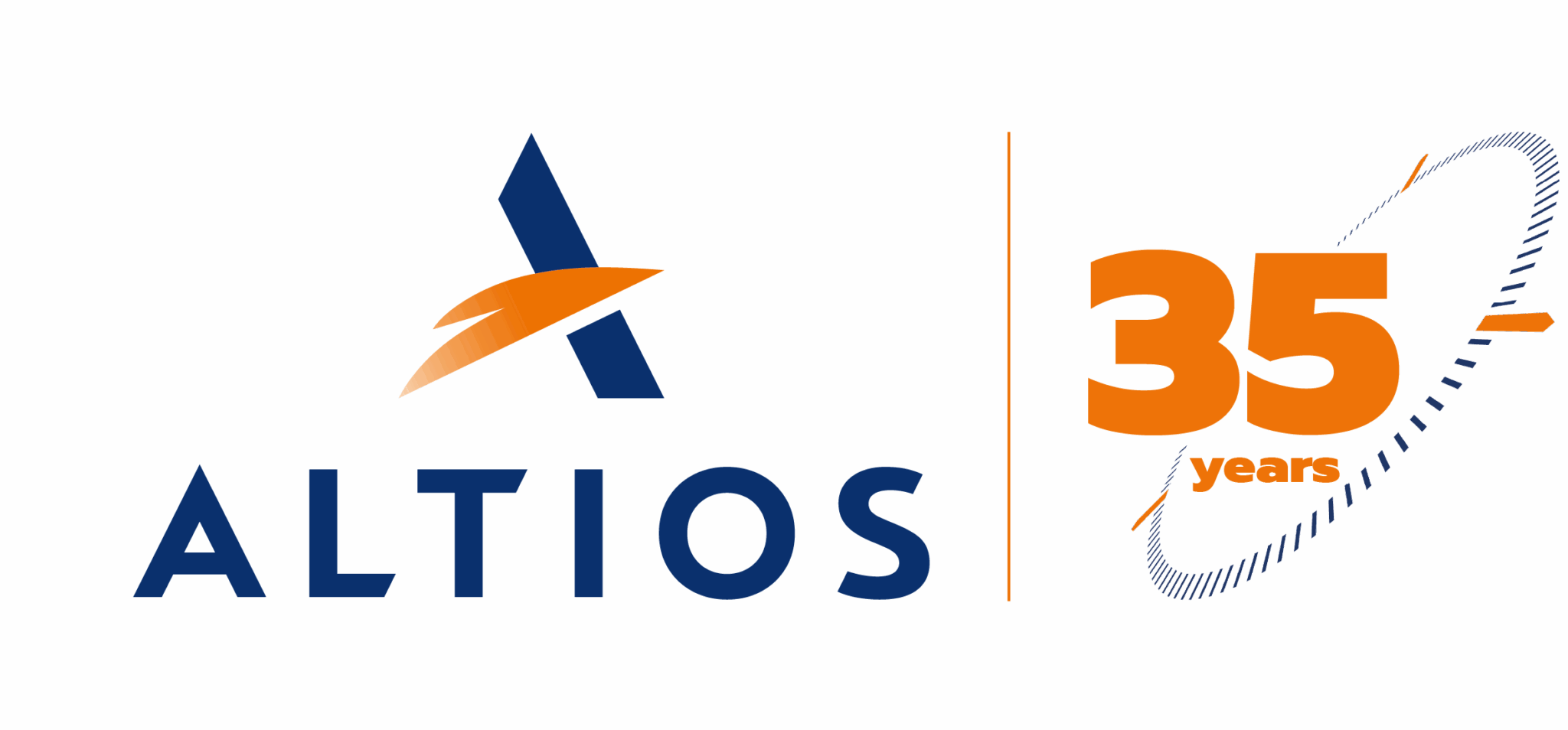Expanding business operations into Italy requires careful planning and execution. From choosing the right legal form to dealing with the incorporation process, foreign investors must be well-informed of local requirements to successfully set up a subsidiary company in Italy.
What are the Legal Structures of the Italian Business Entities?
Setting up a subsidiary company in Italy involves time, money, interaction, and communication. In the Belpaese, there is a wide range of legal forms available for establishing companies. The main types are:
- S.r.l. (Società a responsabilità limitata) – Limited Liability Company: Ideal for Small to Medium-Sized Enterprises. Shareholders’ liability is limited to their capital contribution.
- S.p.A. (Società per Azioni) – Stockholding Companies (a company limited by shares): Suitable for larger enterprises. Shareholders’ liability is limited to their capital contribution, and shares can be freely transferred.
- S.n.c. (Società in nome collettivo) – General Partnership: Partners share unlimited liability for the company’s debts.
- S.a.s. (Società in accomandita semplice) – Limited Partnership: Consists of general partners with unlimited liability and limited partners with liability restricted to their contribution. The partnership does not have a legal personality but is still a recognized company under Italian law.
In 2017, almost half of all the Limited Liability Companies launched in Italy were of the simplified form: the Simplified Limited Liability Company (S.r.l.s.) is a form of “S.r.l.” introduced to encourage young entrepreneurship thanks to:
- a minimum share capital of 1€, up to a maximum of 9,999.99€
- the absence of notarial fees
- a shorter constitutive process
What are the Key Differences between Subsidiary and Branch?
Foreign investors entering the Italian market can choose between two types of business forms: a subsidiary or a branch. These two legal entities have important differences regarding the parent company’s liability. While both entities enable foreign companies to do business in Italy, they differ in terms of legal structure and liability:
- the branch is completely dependent on the foreign company,
- the Italian subsidiary is a separate legal entity.
In some cases, establishing a subsidiary can be more advantageous because it is regarded as a separate legal entity, with most of the capital owned by a foreign company and having the power to make its own management decisions.
Choosing the Right Business Structure in Italy
Many subsidiaries are organized as Public or Private Limited Liability Companies. Foreign investors may choose to set up a subsidiary company in Italy as:
- a Private Limited Liability Company (S.r.l) requires a minimum share capital of 10,000€. Shareholders are liable only for the amount of their contribution to the company’s capital. The management structure for this type of company consists of a board appointed by the general meeting of shareholders.
- a Public Limited Liability Company (S.p.A): Shares are transferred to the public and can be registered at the Stock Market. It requires a minimum share capital of 50,000€. There are no limitations on the number of company shareholders or their nationality. The Public limited liability company has a more complex organizational structure and stringent auditing and reporting requirements. Listed companies on the Stock Exchange must adhere to International Accounting Standards. In addition, there is a certain flat fee for registrating a new stock company.
All Italian companies are subject to taxation on their income derived from Italy. The subsidiary will also be subject to VAT registration in Italy.
How is a Company Incorporated and How Long Does the Process Take?
Incorporation is usually prepared by lawyers and carried out by a notary. After successful incorporation, there are various notifications to make.
The typical time frame for the incorporation of an Italian company, including obtaining VAT and opening a bank account, is around 15 working days from the first day of the incorporation procedure. The VAT number is known before incorporation, and opening a bank account only takes a couple of days.
The formalities for incorporating a company in Italy include:
- Arranging the articles of association and memorandum of association
- Executing the articles of association before a public notary
- Obtaining an Italian tax code
- Opening a local bank account
- Registering for VAT
- Filing with the Registrar of Companies
Following recent reforms, opening an Italian company has become easier than in the past. Although the incorporation process takes a few more days (7 working days) than in other European countries, foreign-owned companies can obtain their VAT number and bank account quicker.








